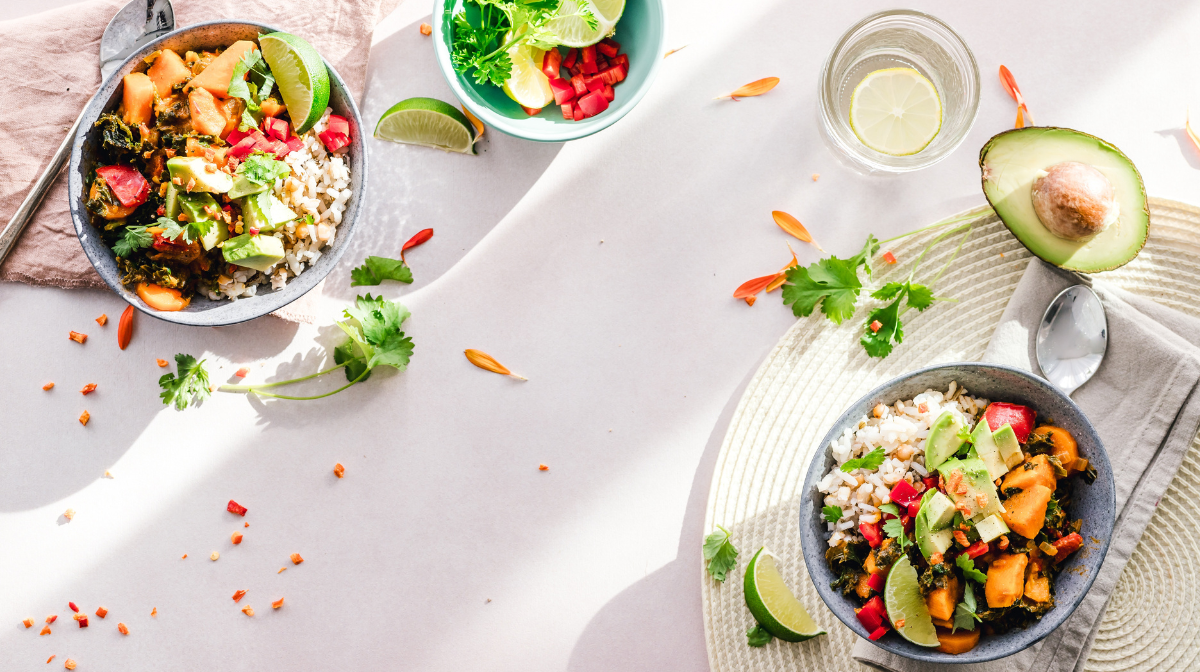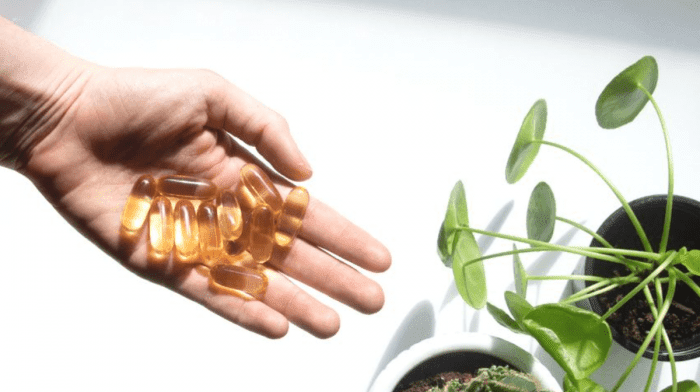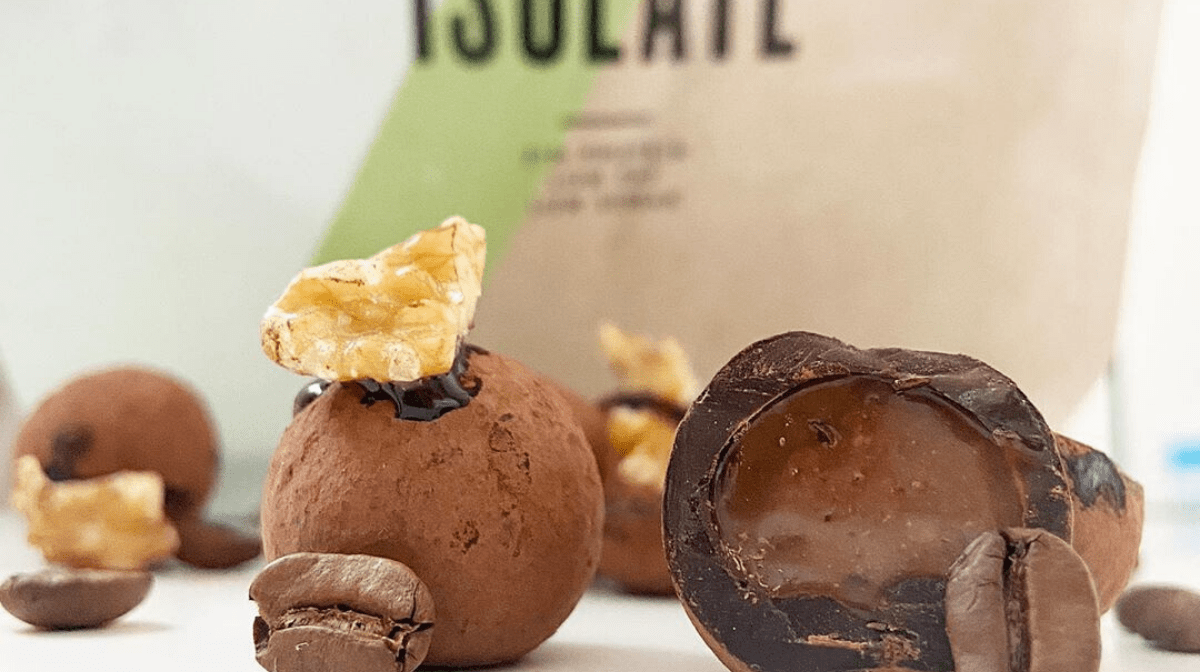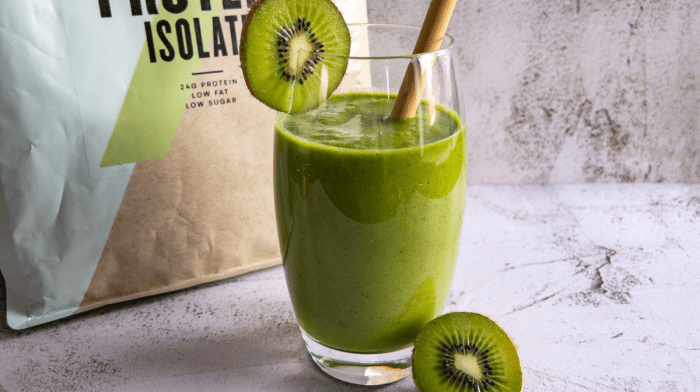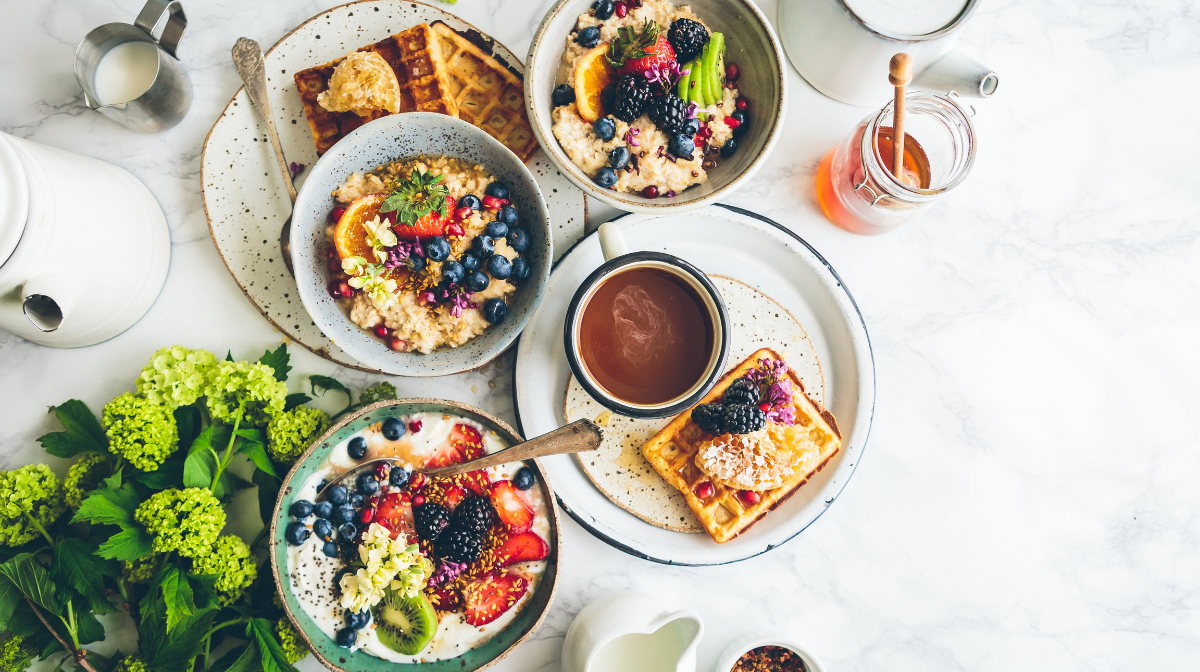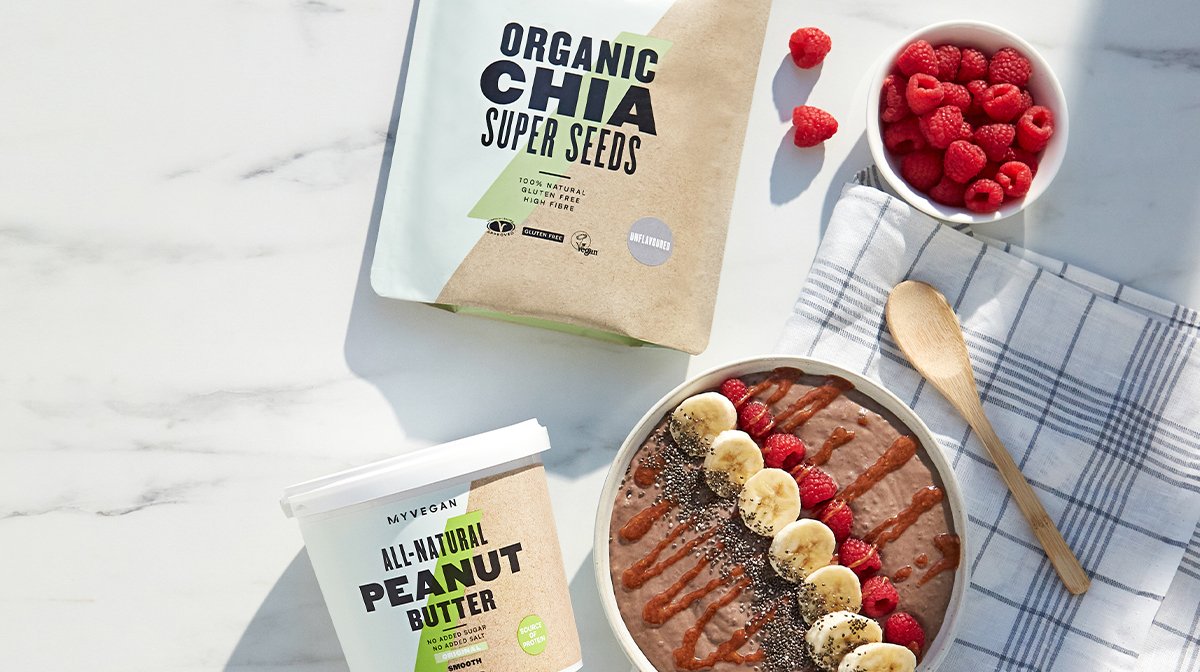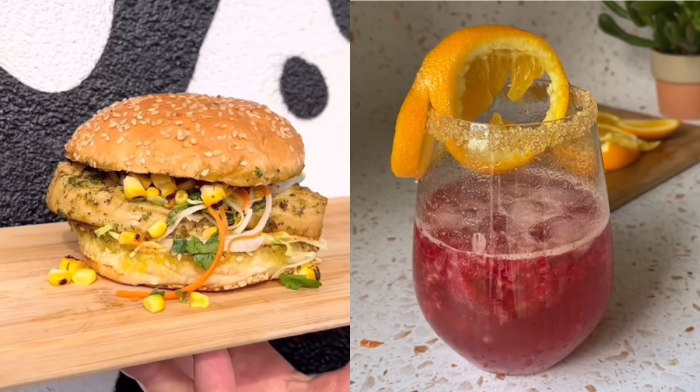Over 629,000 people took part in Veganuary last year, 83% of which have pledged to make permanent changes to their diet as a result. 98% of people that took part would recommend Veganuary to others, with half of the people finding benefit from taking part. Not sure where to start with going vegan? Check out the tips below to make that transition easier.
Why Do People Go Vegan?
Animal welfare is perhaps the most common reason that people choose to go vegan; the more people that remove animal products from their diet, the less demand there is for these products and hopefully, less animals bred for food and slaughtered. In more recent years, the rise of veganism has led to an increase of available plant-based cheeses and mock meats. This shows an increase in demand for these types of products, and many companies have risen to meet these increased demands. Environmental concerns are another reason that people choose to go vegan – animal agriculture has a largely negative impact on the environment. A third reason people choose to go vegan is for the possible health benefits; whether this is weight loss, improved energy levels, or clearer skin…. Choosing plant-based can have a whole variety of benefits.
Top Tips to go Vegan
Find your favourites
Think about your favourite foods and meals and you’ll find that many of these are actually quite simple to veganism. There are plant-based/vegan alternatives to most foods these days and enjoying your favourite dishes is much easier than a complete dietary overhaul. If you need inspiration for vegan dishes there are plenty of recipes available on the blog.
Do it with friends
Research shows that we are more likely to make lifestyle changes if we have someone else holding us accountable. Think about this in other areas of your life – you may have set yourself a goal this January to run three times a week, but you hate getting out of bed in the morning. However, setting this goal with a friend makes you more likely to get up and out the house, as you don’t want to let down your friend and leave them to run by themselves. The same mentality can be applied to dietary choices.
Educate yourself
Understanding why we make changes is an integral part of making changes last. There are a whole host of articles and documentaries online, and you may find that the more you learn, the stronger the motivation to be vegan. In turn, the greater the motivation, the more likely it is that changes will be permanent, not just for Veganuary!
Feel healthier
Around 50% of Veganuary participants last year found that going vegan had a beneficial effect on their health. Improved health outcomes included an increase in energy, clearer skin, weight loss, and better mental health. Even small dietary changes such as avoiding dairy may help to improve skin health, especially for those with inflammatory skin conditions, such as acne or eczema.
Supplement correctly
In order to maintain your new-found energy levels, it is important to supplement with vitamin B12. This vitamin is only found in animal products, so it can be difficult to reach the required amounts when following a vegan diet. Vitamin B12 is required for energy production within the body and is also important for brain health and function. As well as vitamin B12, Myvegan have a range of vitamins and supplements to support your needs.
Supplementation is an individual choice and should be based on personal health requirements.
Eat in abundance/avoid restriction
Vegan and plant-based foods can often be lower in calories and fat than animal-based products. To maintain energy levels, it is therefore important not only to eat enough foods, but to make sure to include some calorie-dense foods, such as avocadoes or peanut butter. This will help to prevent a calorie deficit and keep you energised throughout the day. And always remember, a balanced plate is one that contains all the macronutrients – healthy fats, proteins, and carbohydrates.
Try something new
Following a vegan diet may lead you to explore different cuisines and dishes you haven’t tried before! Types of meals that lend themselves well to vegan diets include Japanese or Thai dishes (omitting any fish sauce), Middle-Eastern, and South Indian meals. Many curries contain ghee, a type of clarified butter however, this can easily be substituted for coconut oil.
Find a pace that suits you
It can be a little overwhelming to try and completely overhaul your diet. If you are someone that finds gradual changes have more of an impact, then why not try ‘meat-free-Monday’, or eating only vegan foods whilst at home? Being a flexitarian, or part-time vegan may be more realistic for you than eating vegan 100% of the time. Not sure what’s right for you? Check out this article on being a part-time vegan:
Boost gut health
For optimum gut health, it is recommended that we eat 30 different types of plant fibres per week. This will help to reach recommended amounts of fibre and improve gut bacteria diversity (the fibre helps to feed good bacteria). A vegan diet is often more diverse and includes more of these fibres than a standard Western diet.
Fibre is super important for a healthy gut – an adequate fibre intake may help with weight loss, and reduce the risk of cardiovascular disease and bowel cancer. Getting enough fibre doesn’t have mean boring food though – overnight oats, lentil curry, guacamole, and granola are all delicious plant-based options that are packed with fibre.
Keep an eye out for foods and drinks containing inulin, most commonly as chicory inulin. This prebiotic powerhouse helps good bacteria in your gut. One serving of our Vegan Protein Pancake Mix includes around 50% of your daily chicory inulin intake, so you can enjoy a sweet snack and help your gut health at the same time.
